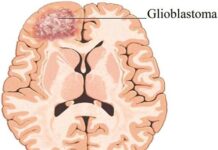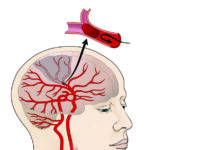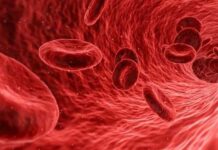A newly published literature review sheds light on how nuclear medicine brain imaging can help evaluate the biological changes that cause chemotherapy-related cognitive impairment (CRCI), commonly known as chemo-brain. Armed with this information, patients can understand better the changes in their cognitive status during and after treatment. This summary of findings was published ahead-of-print by The Journal of Nuclear Medicine.
CRCI describes a clinical condition characterized by memory and concentration impairment, difficulties with information processing and executive functioning, and mood and anxiety disorders. While CRCI has been widely investigated from a clinical perspective, little is known about the underlying biological mechanisms that cause chemo-brain.
“Nuclear medicine techniques can be used to investigate different physiopathological phenomena related to CRCI, such as cortical metabolism, dopamine transporter integrity, and neuroinflammation, with specific imaging probes,” said Agostino Chiaravalloti, MD, PhD, professor of nuclear medicine and nuclear medicine physician in the Department of Biomedicine and Prevention at University Tor Vergata in Rome, Italy. “However, nuclear medicine tests are not commonly considered in the work-up of patients with CRCI-related manifestations.”
In this context, nuclear medicine offers several instruments for the detailed evaluation of the physiopathological processes that underlie CRCI. “The findings presented could lead to a better understanding of the potential role of molecular imaging in the assessment of subtle changes in the brain after treatment and, possibly, in the monitoring of brain functions in patients treated with chemotherapy,” stated Chiaravalloti.



























